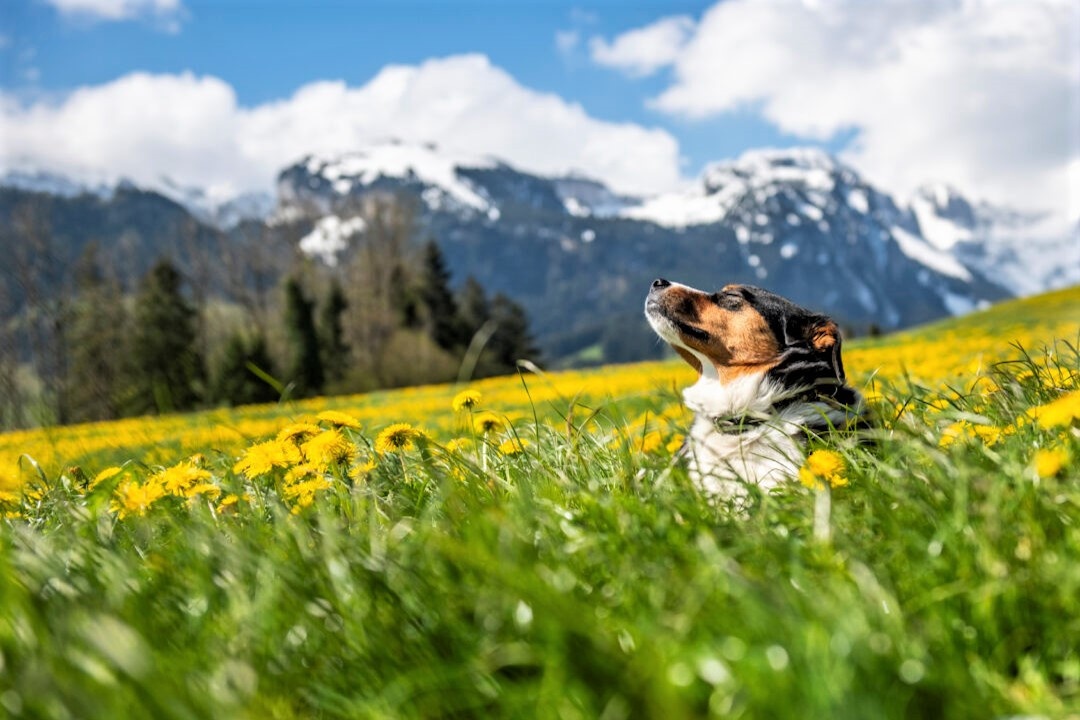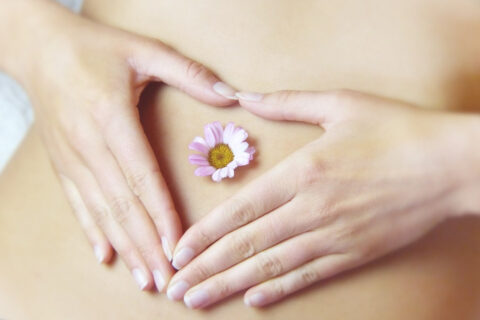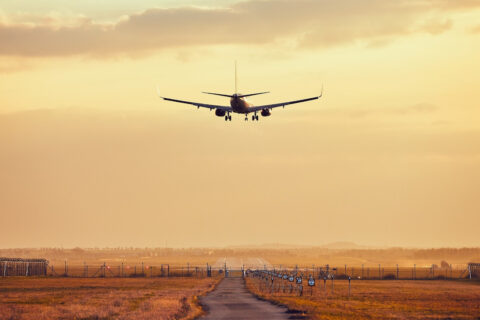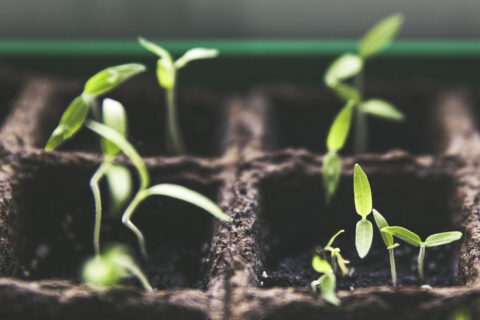Over 500,000 dogs live in Switzerland. The Amicus database reported a record increase in registrations during the Corona pandemic. Young puppies and kittens are popular with the Swiss. However, their need for time, love and food should not be underestimated. Otherwise they will end up back in the shelter just as quickly as they were bought. Animals are not consumer goods.
Good for animals and environment
A dog can turn your life upside down. For some it is a faithful companion, for others a sports partner, sometimes it even replaces a child. Dogs need exercise – lots of it. In the best case, the nearest park is not far away, sometimes a car ride is indispensable.
Which dog owner does not attach great importance to a beautiful, well-kept path? Preferably with few people and even less noise. What doesn’t work at all are aluminium cans, masks or whole rubbish bags in the meadows. Littering kills: If an aluminium can is thrown into the field, sooner or later it will be cut up in a mowing machine and end up in the feed of the farm animals. In the worst case, a tiny piece of aluminium can slit open a cow’s stomach to such an extent that it dies in agony or has to be killed. And who wants to be responsible for the death of a beloved animal?
Proper handling of dog excrement
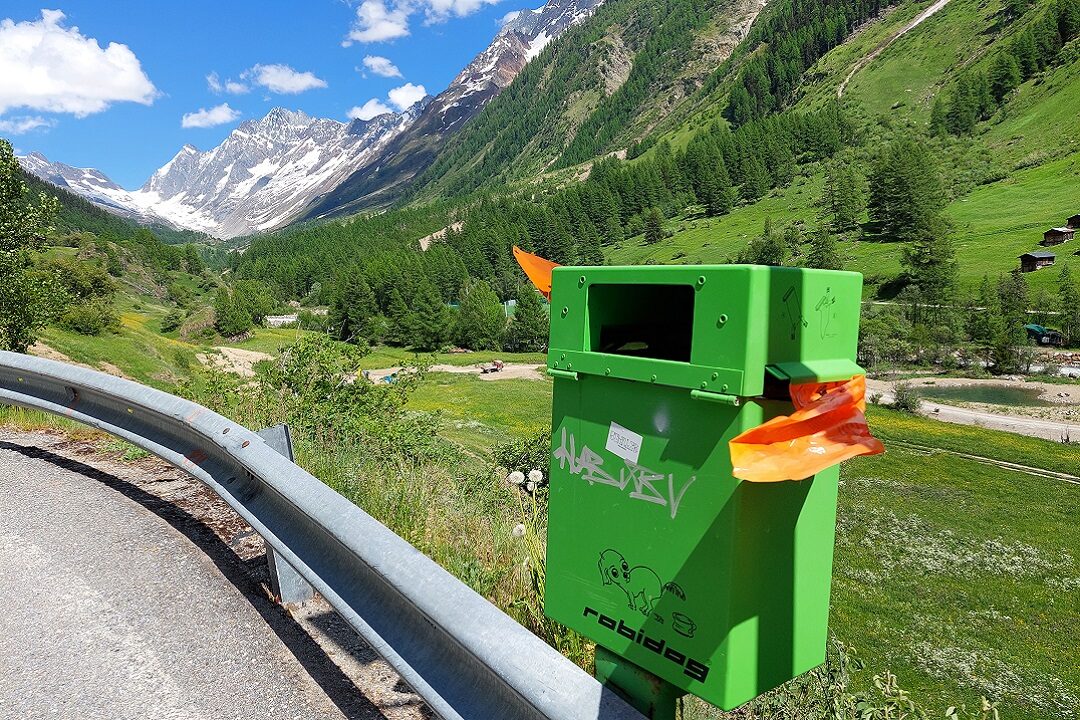
Cows eat grass, dogs prefer meat. Dog excrement is not fertiliser. It contains the pathogen Neospora Caninum, which is dangerous for cattle, sheep, goats, foxes, horses – and again dogs. Dog excrement in food leads to infestation in the organs of intermediate hosts and causes infected animals to give birth to sick young, if they do not already lose it during pregnancy. Again, everyone contributes to the environment and healthy animals.
Sources: https://www.agrarheute.com/pflanze/gruenland/faktencheck-hundekot-gruenland-nichts-suchen-hat-523162

